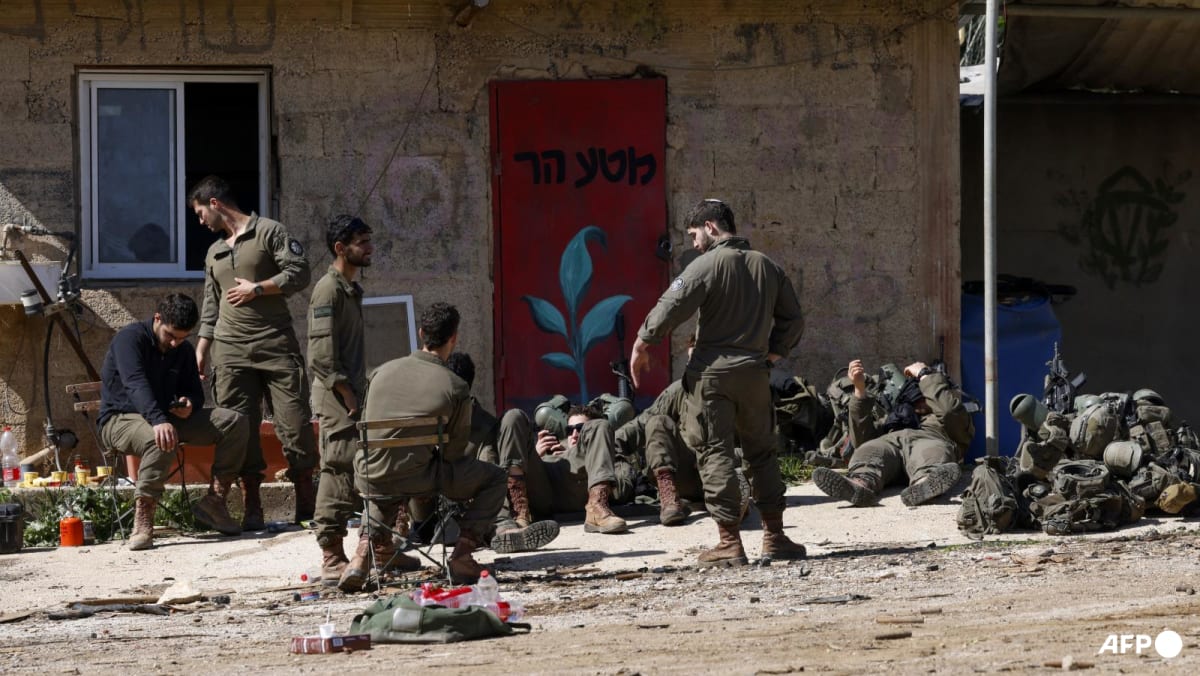“ROADWAY”
Barrack said Washington was “in the process of now discussing with Israel what their position is”, adding that “in the next few weeks you’re going to see progress on all sides”.
“It means a better life for the people … and at least the beginning of a roadway to a different kind of dialogue” in the region, he said.
The US diplomat’s visit comes less than two weeks after Lebanon’s Cabinet tasked the army with developing a plan to disarm Iran-backed Hezbollah by the end of the year – an unprecedented step since civil war factions gave up their weapons decades ago.
A second Cabinet meeting on Aug 7 tackled a US proposal that includes a timetable for Hezbollah’s disarmament, with Washington pressing Lebanon to take action.
The Cabinet endorsed the introduction of the US text, which lists 11 objectives, including to “ensure the sustainability” of the November ceasefire agreement with Israel, and to phase out “the armed presence of all non-state actors, including Hezbollah”, across all Lebanese territory.
It also provides for demarcating Lebanon’s land borders with Israel and neighbouring Syria, and a process involving the international community for Lebanon’s reconstruction.
“LEBANESE PROCESS”
The Lebanese presidency said Aoun told Barrack that what was needed now was for “other parties to adhere to the contents” of the joint declaration, “more support for the Lebanese army, and speeding up the internationally required steps” to launch reconstruction.
Hezbollah, the only faction that kept its weapons after Lebanon’s 1975 to 1990 civil war, emerged badly weakened from last year’s war with Israel.
On Friday, Hezbollah leader Naim Qassem vowed to fight plans to disarm, saying that “the resistance will not surrender its weapons while … occupation persists”.
On Sunday, Aoun told the Saudi-owned Al Arabiya channel that authorities would do “everything possible … to spare Lebanon any internal or external shock”.
The president outlined that if Lebanon rejected the US plan, “then Israel will intensify its attacks, Lebanon will be economically isolated, and none of us will be able to respond to the aggression”.
Israel has kept up raids on Lebanon despite the November truce, mostly saying it is striking Hezbollah targets, and has threatened to keep doing so until the group has been disarmed.
Barrack on Monday stressed that “dealing with Hezbollah, as we’ve always said, is a Lebanese process”.
